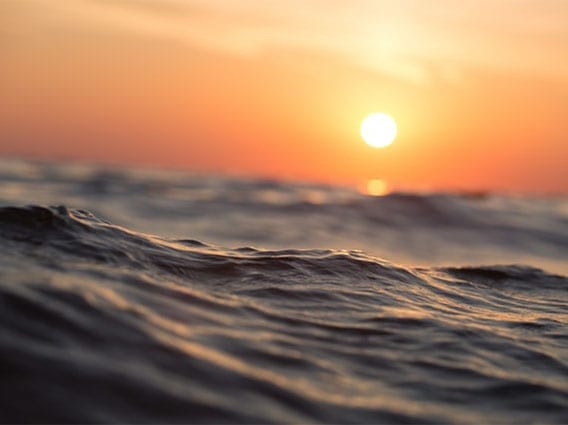Ocean Heat Waves Impacting Marine Life
According to a new study published in the journal Nature Climate Change, ocean heat waves are “happening far more frequently than they did last century and are harming marine life,” The New York Times reports.
Marine heat waves occur when sea temperatures are abnormally warm for at least five consecutive days. In addition, “[s]cientists estimate that the oceans have absorbed more than 90 percent of the heat trapped by excess greenhouse gases since mid century. Humans have added these gases to the atmosphere largely be burning fossil fuels…for energy.”
The researchers responsible for conducting this research found that ocean life is especially vulnerable in many parts of the Pacific, Atlantic, and Indian Oceans. These areas are also highly affected by pollution and overfishing.
And it’s not just the creatures that live under the sea that are being impacted. Seabirds that rely on feasting on these critters are suffering from a reduced source of food.
Robert Miller, associate research biologist at the Marine Science Institute of the University of California, Santa Barbara said that climate change “may be a gradual process, but set on that backdrop are these extreme warming events that might be becoming more common that can have more dramatic consequences.
“In some cases ecosystems might not be able to recover from those events. And so, the effects of climate change might happen a lot sooner than we expect.”














